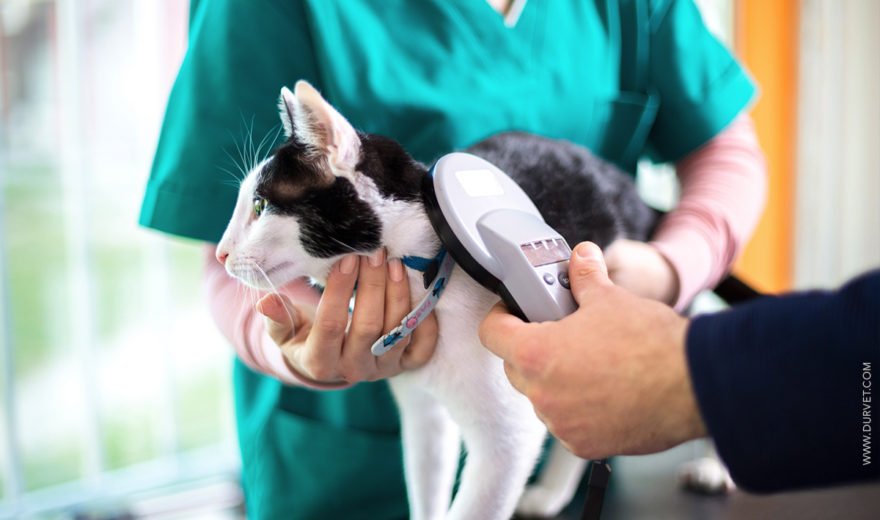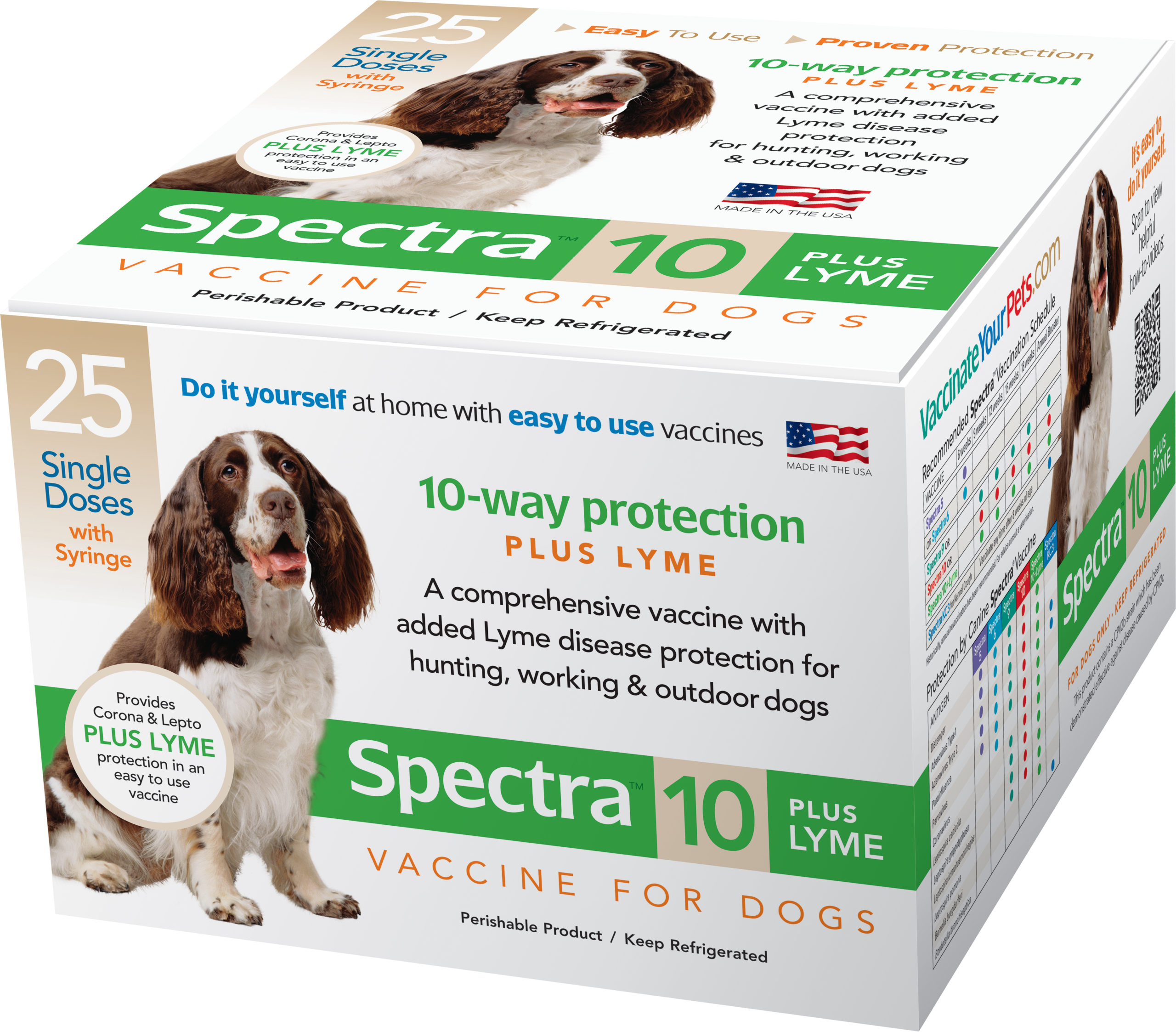
Did you know one in three pets will go missing at some point in their life? That's more than enough reason to microchip your canine or feline friend. A microchip is a tiny device inserted under your pet's skin. It is about the size of a grain of rice and can be scanned to tie your personal information to your animal. The microchip is inserted under the loose skin between your pet's shoulder blades and is no more invasive than a vaccination.
How Does it Work?
A microchip is a simple way to give your pet a "voice." If your pet is lost, it gives them the ability to tell the person who finds them who their owner is, their contact information and where they live. They are relatively inexpensive and can be inserted at your vet's office. Once the microchip is inserted, you will need to register it with a national pet recovery database. When you register, be sure to enter all relevant contact information.
Collars, harnesses, and tags are not foolproof and can break off or become hard to read over time. A microchip will permanently identify your pet if it ever becomes lost. They work by receiving a radio signal from a scanner and transmitting the encoded chip identification number back to the scanner. With the chip information, the owner is just a phone call away.
A common misconception is that microchips are GPS devices, which is not true. While each device is useful in locating a lost pet, a GPS cannot provide your contact information to those nearby that could help to return your lost pet. GPS devices require batteries and like a collar or tag, can break loose and fall off your pet. While microchips can't guide you to your pet's exact location, they are reliable and provide a way for you to be contacted.
Pets with microchips are 20 times more likely to be reunited with their owners. It is a simple and relatively inexpensive procedure, so take your pet to get microchipped. Its never too late!
Sources: American Kennel Club, American Animal Hospital Association

 BACK TO MAIN BLOG
BACK TO MAIN BLOG 

Comment